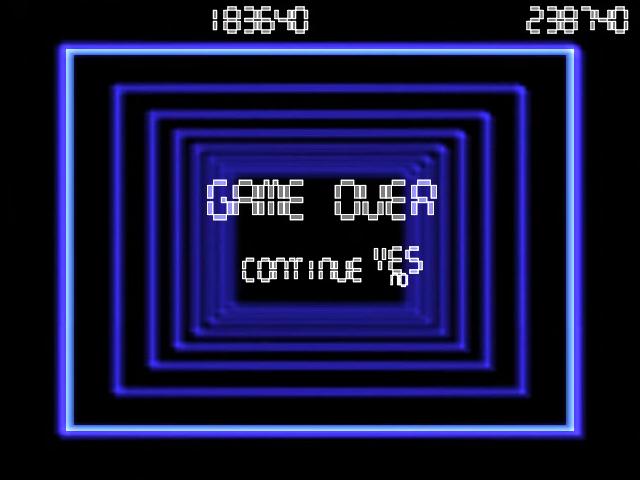“What is the strongest personality you’ve ever worked with?” That’s what a company rep asked me recently before we arranged coaching for an executive that he thought might not accept my ideas.
His question reminded me of the single most important personality trait that will make you a great speaker.
Who do you think is the best speaker?
It’s not the one who knows the most.
It’s not the speaker with the most experience.
It’s not the best storyteller.
It’s not the one who practices longest.
It’s not the most eloquent.
It’s not the most extroverted.
It’s not the most famous, the fastest, or the funniest.
There is one character trait that all great speakers have in common.
Two personalities

Let me illustrate by describing two speakers at the same convention. To maintain the anonymity of those I’m describing, I cannot name the event. Let’s just say that every speaker was offered my coaching services.
Contestant #1
This speaker was a high-powered executive for a corporation that has become a household name. It would cost you a 5-figure fee to hire this individual to give an hour speech. He/she had a LOT of knowledge, a LOT of money, and a LOT of experience.
This speaker believed he/she was the most experienced speaker at the conference and refused my services. In all honestly, this speaker ended up being the worst speaker of the day.
I don’t fault this individual for anything. I’m sure this individual is a great person, expertly qualified in their field. He/she is just a lousy speaker–and doesn’t even know it.
Contestant #2
At that same convention, another speaker with no experience on such a large stage, accepted 4-5 hours of my help. If I’m being completely honest, speaker number two’s presentation skills made me really nervous. Let’s see if I can say this nicely–what we started with was “all over the place.”
However, after just a few hours of time together, I was more proud of this speaker that just about anyone I’ve ever coached. He/she gave one of the best presentations at the conference!
What makes the difference?

Lest you think I’m tooting my own horn, let me say categorically: It wasn’t me!
All other things begin equal, if these two speakers had the same knowledge and experience, the second speaker would be the better presenter every time–with or without my help, with or without another coach’s help, with or without practice.
Which one character trait made the difference?
Willingness to try something new!
The number one thing that makes the difference is whether or not the speaker is willing to try.
The know-it-all speaker insisted on doing the presentation the same as it had always been done before. The coachable speaker, while he/she didn’t like everything I recommended, was at least willing to try everything I suggested.
It never ceases to amaze me, how many people call me, hire me, work with me, pay me, and then refuse to try what I suggest.
Mediocre speakers (read “bad speakers”) do what they think they’re supposed to do. They do what they’ve done before. They do what they’re comfortable doing. That’s why they stay right where they are–on the plane of mediocrity.
Great speakers take a chance. They try something new every time. And yes, sometimes, they fall flat on their face. But despite their worst fears, falling is the exception. Sometimes they fall. Most of the time they excel. Every time they learn.
When you compare contestant number one and contestant number two over time, you’ll see an obvious difference. Because mediocre speakers will never be able to succeed at what they never tried.
How do you become great?
Try something new.
I know I am a pretty good speaker. I know that is because I’ve tried enough new things to experience both failure and success. Every time I walk into a presentation, I plan to try one new thing. After the presentation, I analyze whether it worked or not. I learn what works for me, and conquer my own mediocrity.
I’m not asking you to embarrass yourself.
I’m not asking you to risk your job, or relationships.
I’m asking you to try ONE new thing.
 In a 60 minutes meeting, try ONE minute that makes you uncomfortable.
In a 60 minutes meeting, try ONE minute that makes you uncomfortable.
In a 5 minute presentation, try ONE sentence that’s completely unlike anything you’ve said before.
On a lunch date, try ONE gesture, or ONE word, or ONE question, or ONE story, or ONE game, ONE joke, or ONE command for which you don’t already know the outcome.
Try!
If you need suggestions, check out my SpeechDeck Essentials card deck that includes 84 techniques. My whole philosophy is built around this principle: try ONE card/technique at a time.
If you are not willing to try something new, don’t bother reading this blog. Don’t bother buying presentation skills books. Don’t bother hiring me. Don’t bother taking a class. Don’t bother practicing. It won’t help.
On the other hand, if you are willing to try something new. Thank you. You are doing me and every other member of your audience a huge favor. You are the kind of person who cares more about giving the audience a gift than about protecting your own insecurity. Thank you.
Don’t try to be great–you can’t guarantee that in just one attempt. Instead, try something new. Because you are willing to try something new, I promise that you will be great–without even “trying.”

